
Butterflies & global change 🦋🌍
Ecòleg i ecologista
Fascinated by island biodiversity, palaeoecology & human impacts on ecosystems? 🌴🦜🌍 Join @creaf.cat to explore how island life changed over the last 11,700 years.
Deadline: 27 Oct 2025
Selection: ~November
Starting: ~January 2026
Supervision: @sandranogue.bsky.social & me
More info👇
Fascinated by island biodiversity, palaeoecology & human impacts on ecosystems? 🌴🦜🌍 Join @creaf.cat to explore how island life changed over the last 11,700 years.
Deadline: 27 Oct 2025
Selection: ~November
Starting: ~January 2026
Supervision: @sandranogue.bsky.social & me
More info👇
“¿Dónde están las mariposas? Matemáticas para descubrir su futuro”. 🦋✨
Come join and explore how #mathematics & #AI help us understand and protect #biodiversity!
👉 lanitdelarecerca.cat/bloc-de-micr...

Three decades of declines restructure butterfly communities in the Midwestern United States | PNAS www.pnas.org/doi/10.1073/pnas.2501340122
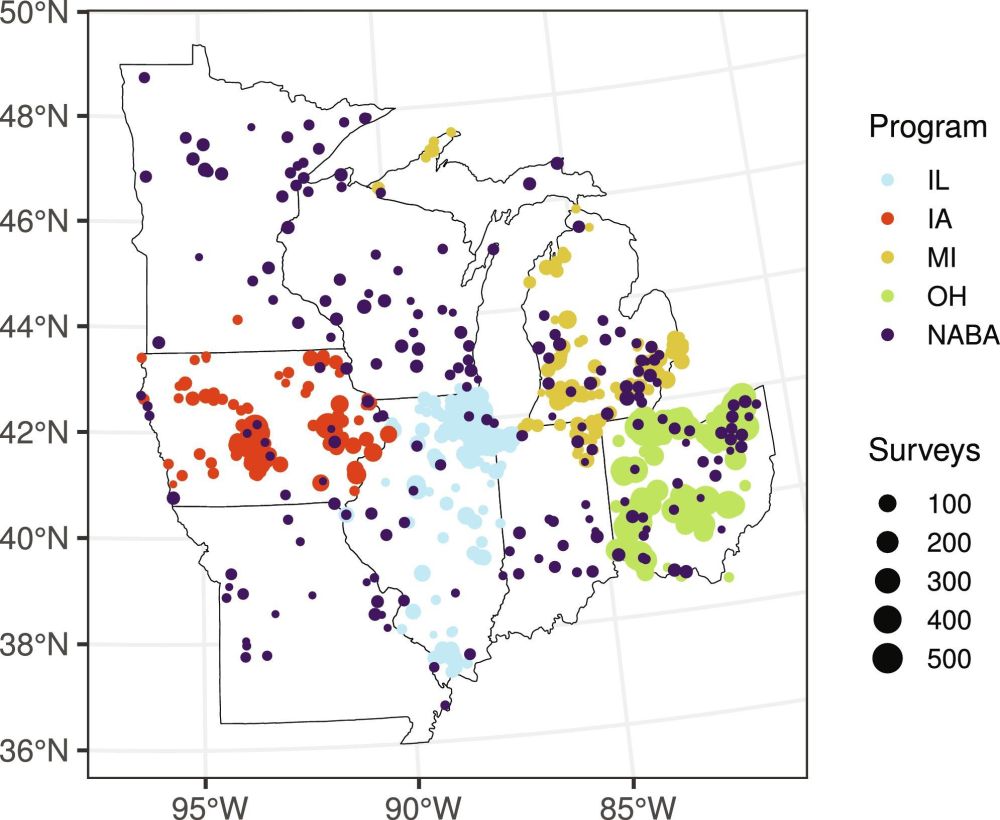
Three decades of declines restructure butterfly communities in the Midwestern United States | PNAS www.pnas.org/doi/10.1073/pnas.2501340122
All week, check out additional presentations in:
📍 Seminarios 1 & 7, Auditorio, Balconada, and Cova dos Libros
Hear @paucolom.bsky.social or @pauguzman.bsky.social talking about butterflies 🦋 and @hernandezaguero.com on nature-based solutions 🌿🔧

All week, check out additional presentations in:
📍 Seminarios 1 & 7, Auditorio, Balconada, and Cova dos Libros
Hear @paucolom.bsky.social or @pauguzman.bsky.social talking about butterflies 🦋 and @hernandezaguero.com on nature-based solutions 🌿🔧
📄 doi.org/10.1038/s414...

📄 doi.org/10.1038/s414...
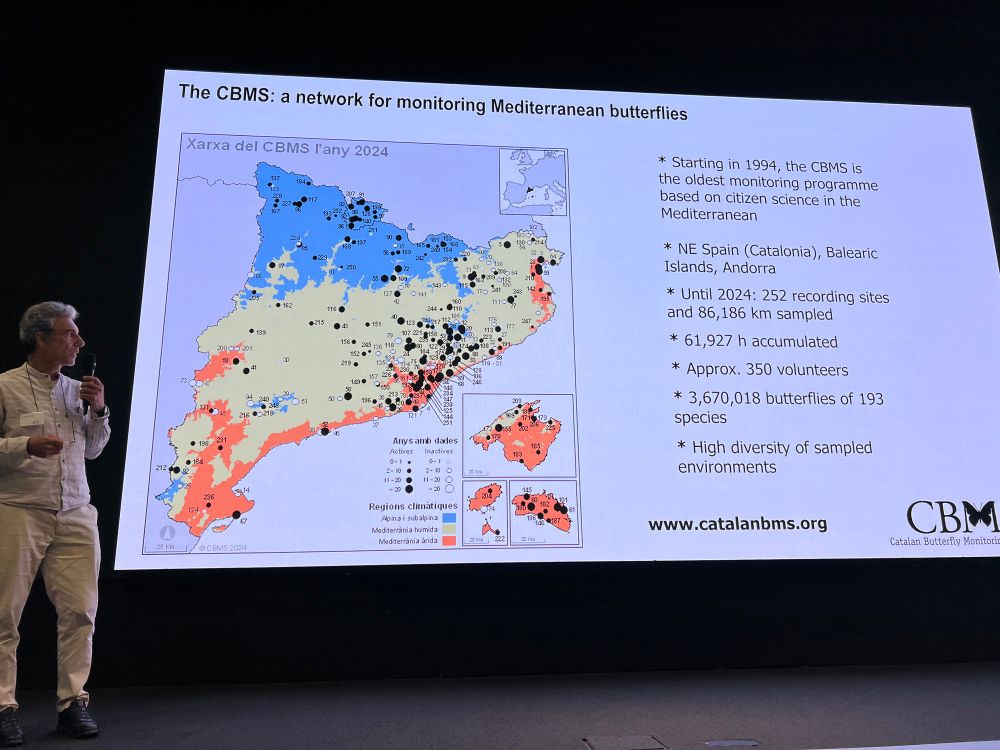
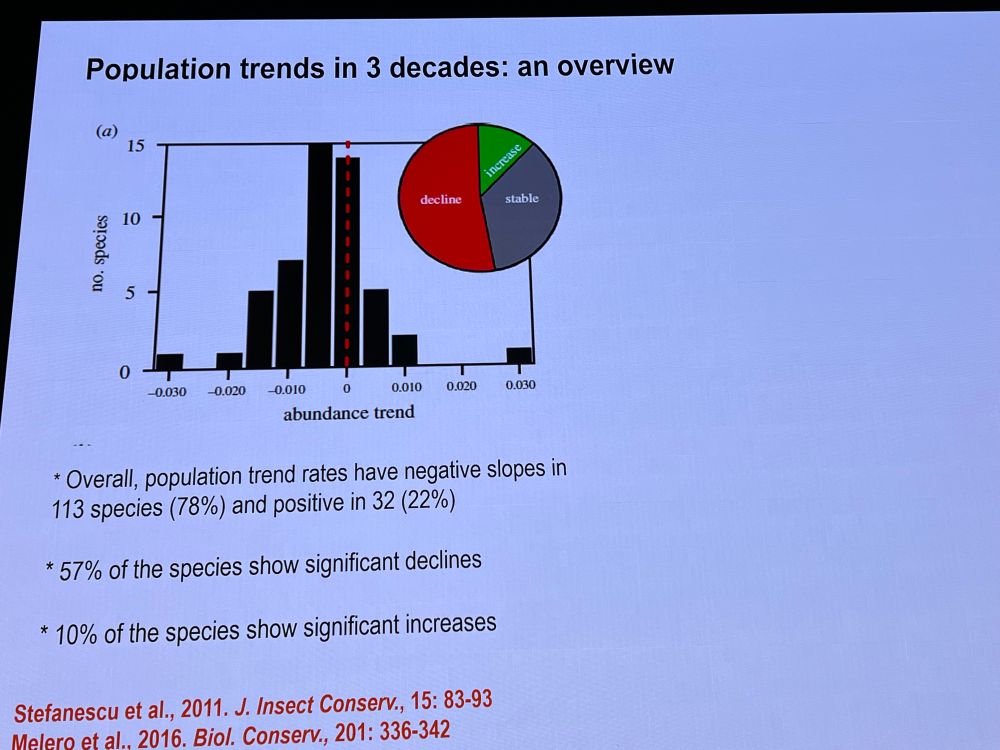
Q: What happens when butterflies, responding to climate warming, attempt an extra generation as summers get longer?
A: Long-term monitoring shows overwinter population growth increases! 🧪🦋🐛https://onlinelibrary.wiley.com/doi/10.1111/ele.70018
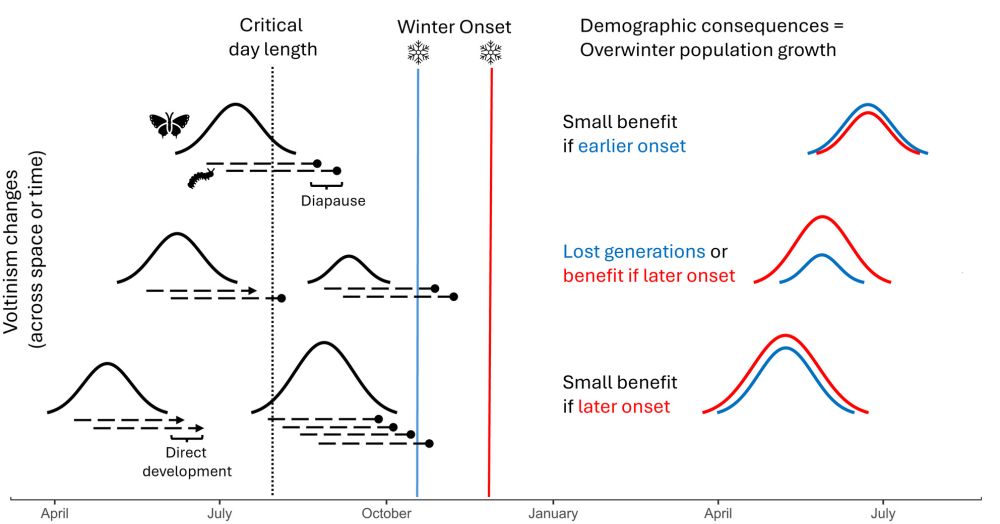
Q: What happens when butterflies, responding to climate warming, attempt an extra generation as summers get longer?
A: Long-term monitoring shows overwinter population growth increases! 🧪🦋🐛https://onlinelibrary.wiley.com/doi/10.1111/ele.70018
🧪🌍🌿🔥🌳 wildfire 🦋
onlinelibrary.wiley.com/doi/10.1111/...
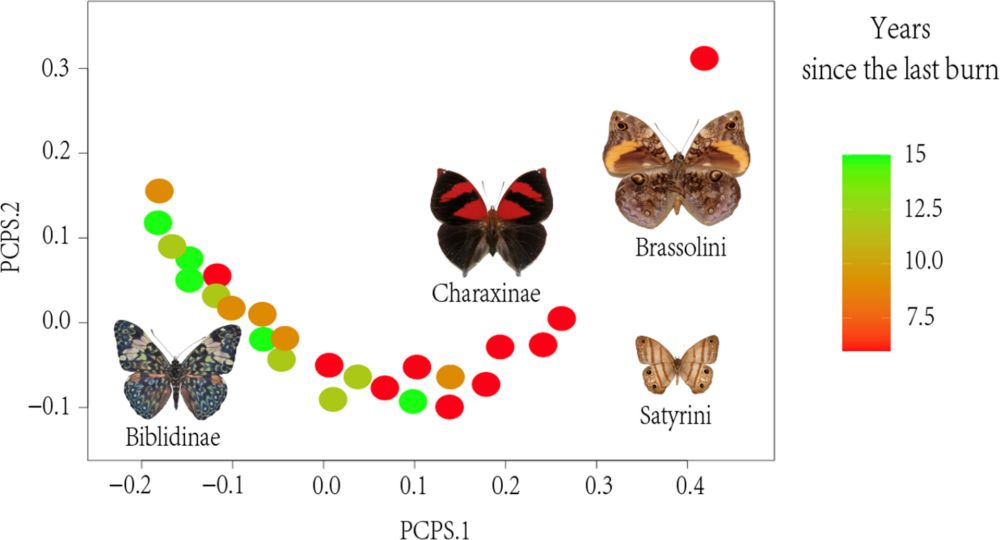
🧪🌍🌿🔥🌳 wildfire 🦋
onlinelibrary.wiley.com/doi/10.1111/...
www.politico.eu/article/ursu...

www.politico.eu/article/ursu...
jeffollerton.co.uk/2025/03/12/e...
#pollinators #biodiversity
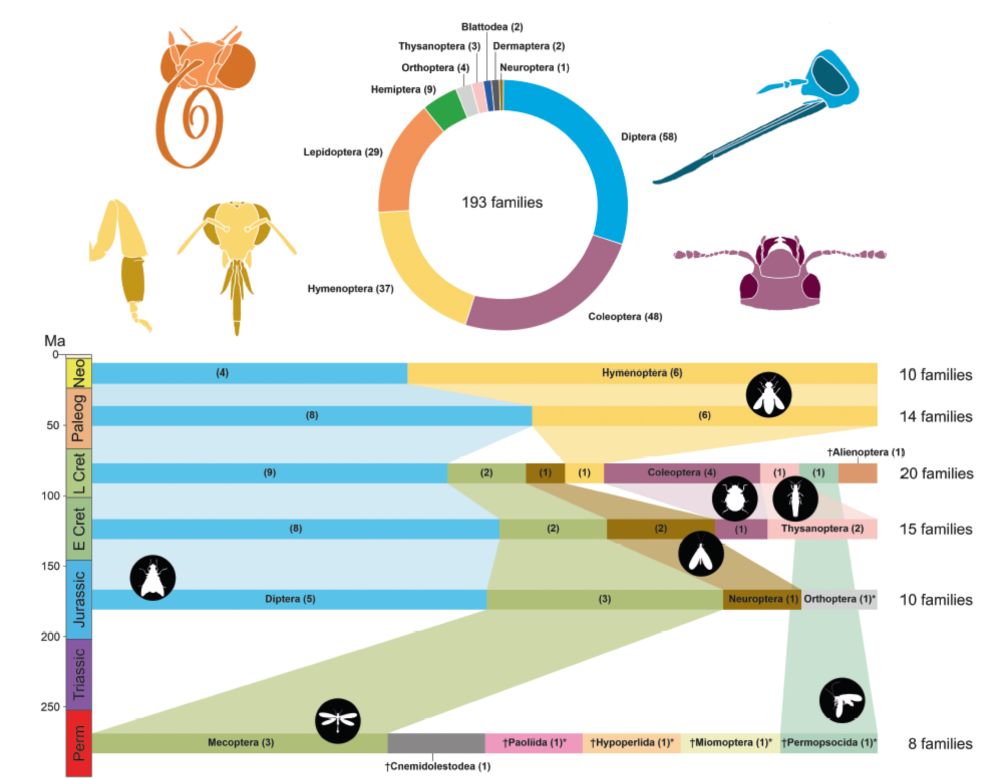
jeffollerton.co.uk/2025/03/12/e...
#pollinators #biodiversity
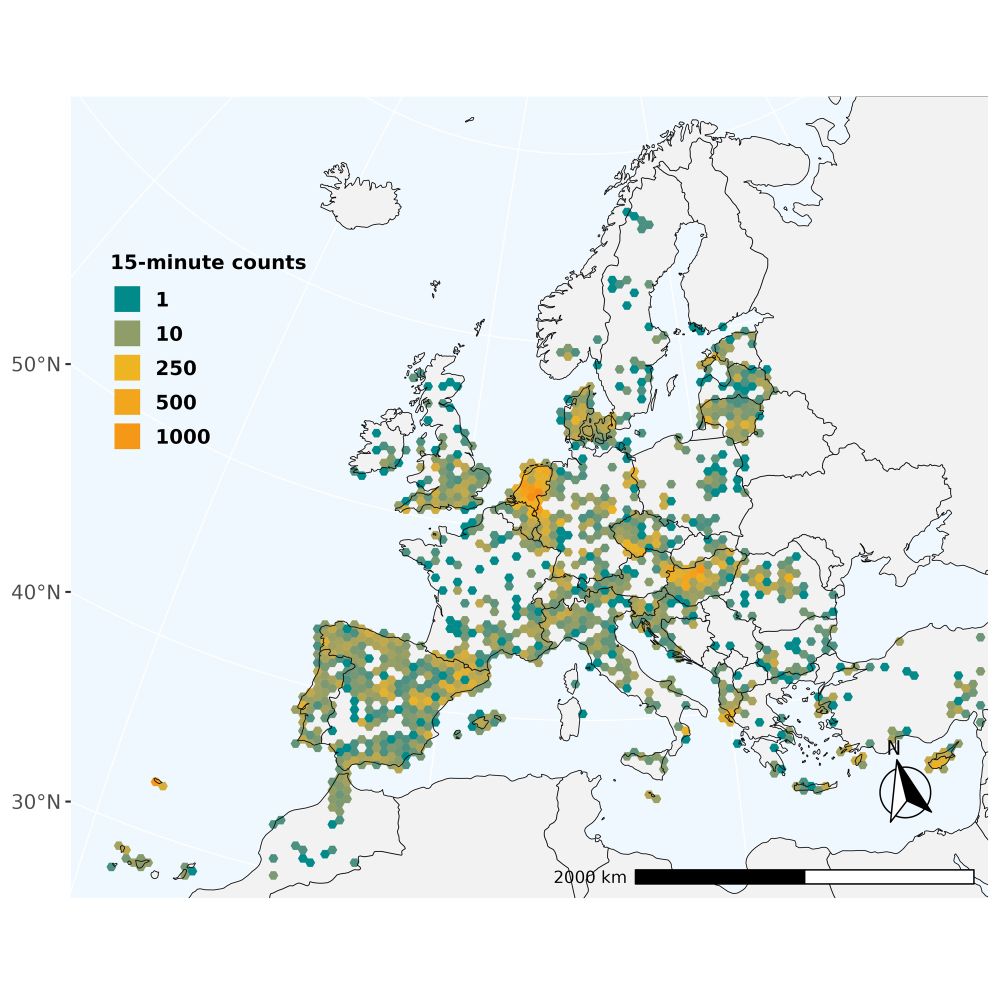
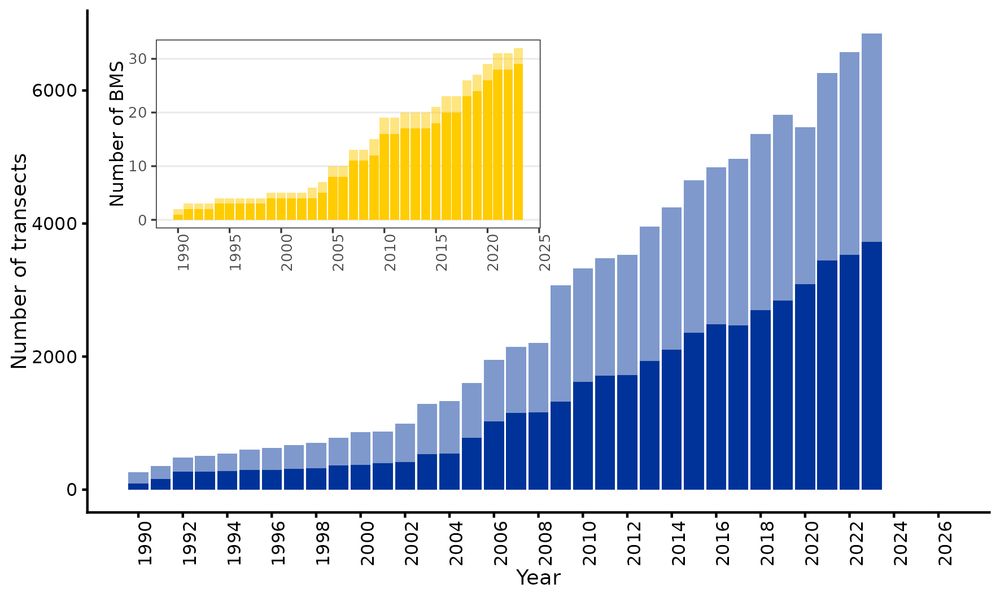

onlinelibrary.wiley.com/doi/10.1111/... Another wonderful paper of @joseblanuza.bsky.social making open more than >1500 networks and looking at their properties. Come for the data, stay for the cool figures!
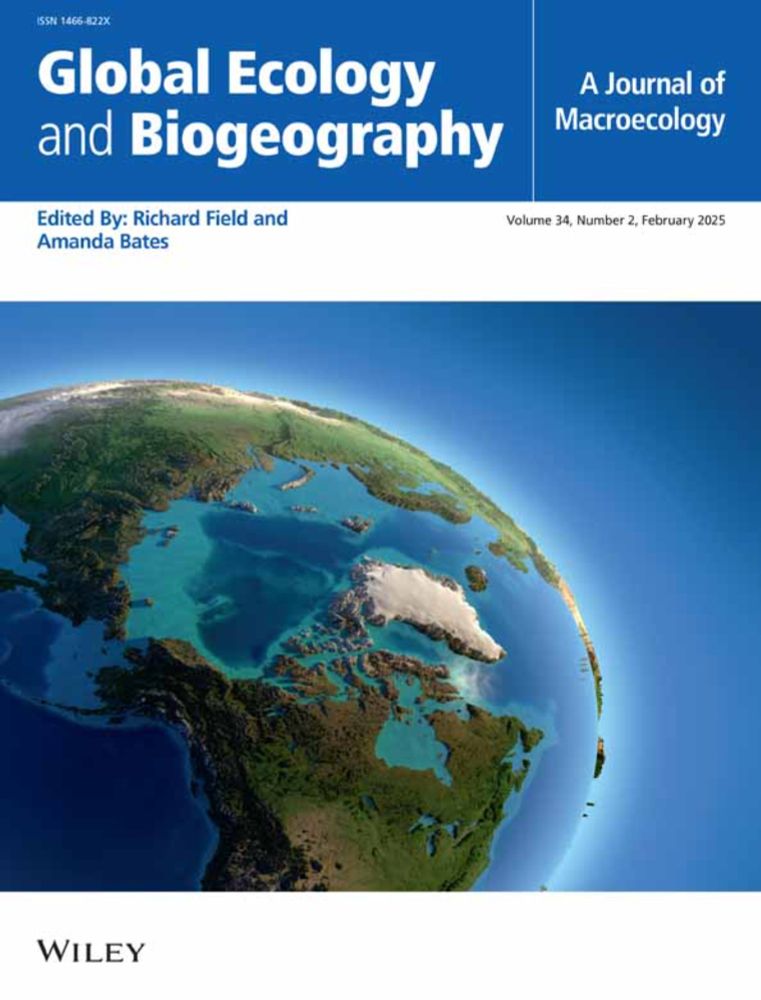
onlinelibrary.wiley.com/doi/10.1111/... Another wonderful paper of @joseblanuza.bsky.social making open more than >1500 networks and looking at their properties. Come for the data, stay for the cool figures!
@guim091.bsky.social on #mountain #butterflies in Central Spain. #ClimateChange #Refugia
doi.org/10.1111/ddi....

@guim091.bsky.social on #mountain #butterflies in Central Spain. #ClimateChange #Refugia
doi.org/10.1111/ddi....



